“The Government of Japan has generously contributed $1 million to the United Nations Development Programme (UNDP) Iran to continue supporting their efforts to contribute to the restoration of Lake Urmia. This is Japan’s second contribution to UNDP Iran,” reads the media release.
Last year in March, Japan provided a grant of $1 million to UNDP for the same purpose. The contribution was implemented as a component of UNDP’s ongoing Conservation of Iranian Wetlands Project – a project in which UNDP is partnering with Iran’s Department of Environment.
This new grant will enable the expansion of a project component entitled: “Contribution in Lake Urmia restoration via modelling local community engagement in sustainable agriculture practices and biodiversity conservation of critical species.”
This specific initiative, originally made possible by the Government of Japan’s 2014 contribution to UNDP, has been fully aligned with the priority plans of the Government as well as the National Committee for Lake Urmia Restoration.
The overall project specifically addresses the restoration of Lake Urmia which has seen a decline of 90 per cent of its water in recent years. The restoration is mainly to take place through the promotion of sustainable agriculture and reduction of water consumption in the farming communities adjacent to the saltwater lake by engaging local community and farmers to use a technique called Integrated Participatory Crop Management (IPCM).
This technique will result in a water-saving of at least 35 per cent which, in turn, will allow the “saved” water to return to the lake, thus replenishing it. At the same time, the project will emphasize a reduction in use of fertilizer chemicals which will also ensure more environmental sustainability.
Originally the project was initiated in 41 villages around the basin of the lake covering 30,000 hectares of land. This new contribution will expand the area covered with these techniques to cover an additional 32 villages representing 24,000 more hectares of land.
During its first year, the project was fully welcomed by the local communities. The Department of Environment, the Governors-General of West and East Azerbaijan Province as well as Ministry of Agriculture were also fully engaged in the successful implementation and utilization of the Japanese funds.
The second phase of this initiative will therefore scaled-up in the additional 34 villages while the activities in the original 41 villages continue. As a result in the second year total farmland coverage area will reach 53,800 hectares. The social mobilization component of the project will also start to advocate for similar action at Urmia basin level aiming to reach the 3000 villages in order to ensure public participation the restoration of the lake and conserve biodiversity.
UNDP is the UN’s global development network, advocating for change and connecting countries to knowledge, experience and resources to help people build a better life. We are on the ground in 166 countries, working with them on their own solutions to global and national development challenges. As they develop local capacity, they draw on the people of UNDP and our wide range of partners.
SH
MNA
END


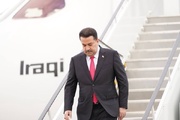
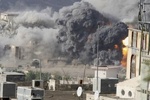

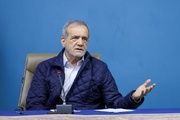
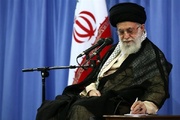

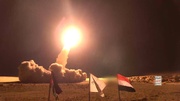
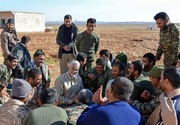
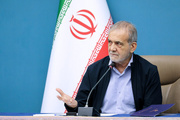



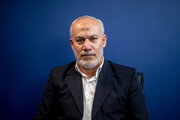



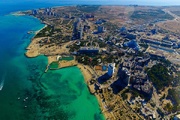

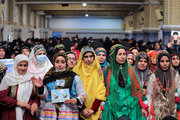
Your Comment